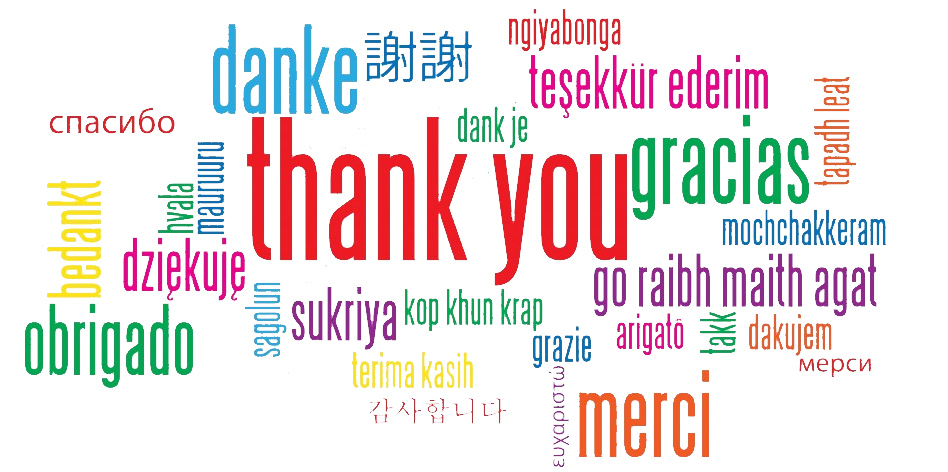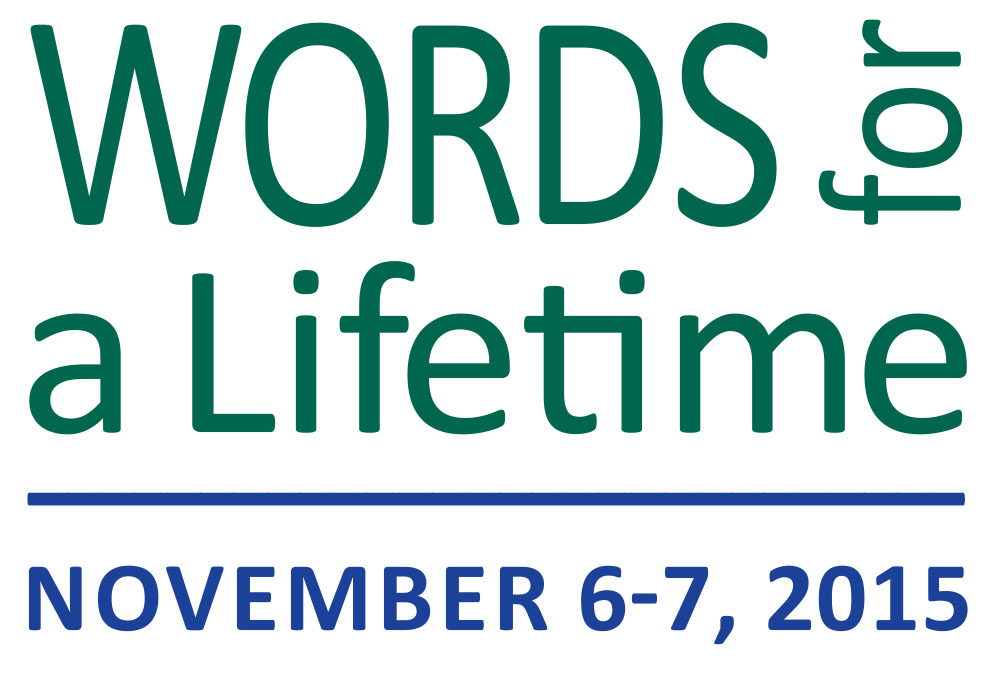 I could never name just a few books that have changed my life. Reading in general has made that difference, as I come from a working class family that includes many immigrants. My paternal grandparents had only third grade educations when they immigrated from Mexico. My parents both graduated from high school but ended their formal educations there. They read to me from children’s books when I was very young and took me on occasion to the library to check out such books, but they did not have many books of their own in the house. I remember a few pop paperbacks, a dictionary, and one set of encyclopedias that a door-to-door sales man conned them into buying, but nothing literary. My first real encounters with literature that I can remember came in middle and high school, which was when I really fell in love with poetry—its mystery and music—and words in general. And becoming an avid reader certainly changed my life. Before that time, I wasn’t headed for college. My parents knew nothing about it and were not opposed to it, but they were just fine with my going straight to work. It was my love of literature that lead me to form a friendship with a girl whose three older sisters had gone to college. If it were not for that girl’s guidance, I would have never found my way to a university.
I could never name just a few books that have changed my life. Reading in general has made that difference, as I come from a working class family that includes many immigrants. My paternal grandparents had only third grade educations when they immigrated from Mexico. My parents both graduated from high school but ended their formal educations there. They read to me from children’s books when I was very young and took me on occasion to the library to check out such books, but they did not have many books of their own in the house. I remember a few pop paperbacks, a dictionary, and one set of encyclopedias that a door-to-door sales man conned them into buying, but nothing literary. My first real encounters with literature that I can remember came in middle and high school, which was when I really fell in love with poetry—its mystery and music—and words in general. And becoming an avid reader certainly changed my life. Before that time, I wasn’t headed for college. My parents knew nothing about it and were not opposed to it, but they were just fine with my going straight to work. It was my love of literature that lead me to form a friendship with a girl whose three older sisters had gone to college. If it were not for that girl’s guidance, I would have never found my way to a university.
To answer the question more directly, I’d have to say that my encounters many years later with U. S. Latina/o, Latin American, and Native American poetry and fiction had the most impact on me as a poet. When I encountered the interlingual magic of Alurista and Gloria Anzaldúa, the socio-political themes and working class perspective of Lorna Dee Cervantes and Tomas Rivera, and all of those things mixed with the cutting edge formal inventiveness of Juan Felipe Herrera, I felt as though I’d finally found a home in literature—like I finally had permission to backflip and somersault one language into another, to leap into the liminal and hybrid spaces that felt most real and most powerful to me, and to write about and around the issues of culture, race, class, gender, social justice that I cared most about as a young woman coming into her own socio-political consciousness. And all of this became less insular and more global upon reading the poetry of Federico Garcia Lorca, Pablo Neruda, Rosario Castellanos, and Joy Harjo and the fiction of Gabriel Garcia Marquez, Julio Cortazar, Leslie Marmon Silko, and N. Scott Momaday among so many others. This is why I dislike giving names or book titles; we inevitably leave out an author or title that belongs on that list. But I can tell you that when I encountered Silko’s Ceremony, it had such an impact that I read it seven times and that every time I read a new Juan Felipe Herrera poem, it sparks in me the electricity and rugged joy I find in writing even if we would not characterize the content of the work as joyful. There’s something about the flux and fusion, the transformative vision, and the mystery in his poems that I find both restorative and generative. So when he was selected as the U.S. Poet Laureate, I was so happy, I actually danced.


